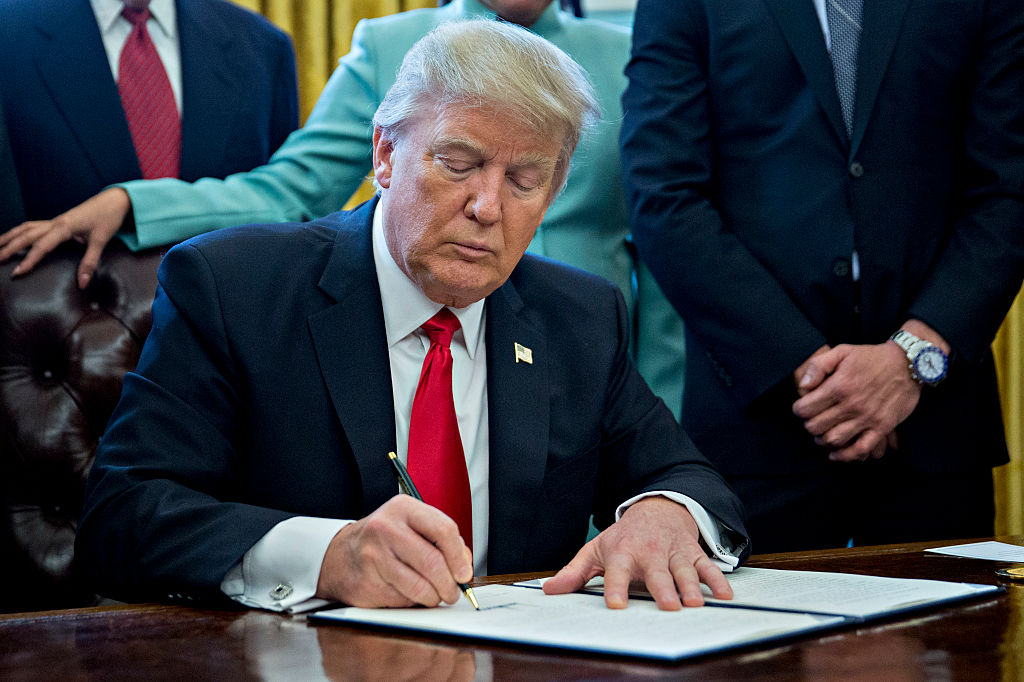Governor Babajide Sanwo-Olu of Lagos State is spearheading a bold push to attract significant investment inflow to boost the state’s economic growth.
During a Pre-Summit Investor Roundtable at the Africa Social Impact Summit (ASIS 3.0), held at Eko Hotels and Suites, the governor outlined strategic opportunities for investors.
With the theme “Invest Lagos – Investment Opportunities,” the summit was organized by the Sterling One Foundation in collaboration with the Ministry of Commerce, Cooperatives, Trade, and Investment.
Attended by business leaders, chambers of commerce, and industry captains, the event underscored Lagos’ potential as a hub for economic activity.
Sanwo-Olu highlighted Lagos’ positive economic outlook, citing an expanding population and sustainable infrastructure as key growth drivers.
Despite challenging business environments, the state’s economy has shown resilience, welcoming new investments while sustaining existing ones.
The governor emphasized reforms aimed at improving the ease of doing business. He mentioned that digitizing services had reduced bureaucratic hurdles, fostering a stable business climate.
Sanwo-Olu assured potential investors of the state’s commitment to creating a supportive environment that ensures returns and security for investments.
“In the last five years, Lagos’ GDP has grown by 50 percent,” Sanwo-Olu stated. “We aim to sustain this growth and ensure the gains of the past years are not reversed.”
Sanwo-Olu identified sectors ripe for investment, including transportation, tourism, health insurance, and waterways. He expressed the government’s dedication to advancing development plans in these areas.
Commissioner for Commerce, Cooperatives, Trade, and Investment, Mrs. Folashade Ambrose-Medebem, highlighted Lagos’ economic strides, noting that the state’s GDP had increased from N27 trillion to N41 trillion in five years.
She detailed strategic investments, particularly the allocation of N550.7 billion for infrastructure in 2024, and the commitment of N44.33 billion to food security initiatives.
Sterling Bank’s Managing Director, Mr. Abubakar Suleiman, pointed out that economic growth in Africa is often hindered by an unstable investment climate.
The summit aimed to build investor confidence by fostering trust and transparency in business environments.
“Lagos remains a leading destination for investors,” Suleiman noted. “The state provides clarity and access to markets, maintaining consistency in its investment strategies.”
Sanwo-Olu’s administration continues to focus on diversifying Lagos’ economy through strategic investments in various sectors.
The state’s proactive approach has positioned it as a global city and an emerging African financial center.
The governor’s initiative is expected to further solidify Lagos’ reputation as a prime investment destination, paving the way for sustained economic growth and development.


 Billionaire Watch3 weeks ago
Billionaire Watch3 weeks ago
 Startups4 weeks ago
Startups4 weeks ago
 News4 weeks ago
News4 weeks ago
 News4 weeks ago
News4 weeks ago
 Bitcoin4 weeks ago
Bitcoin4 weeks ago
 Naira4 weeks ago
Naira4 weeks ago
 Forex3 weeks ago
Forex3 weeks ago
 Treasury Bills4 weeks ago
Treasury Bills4 weeks ago














